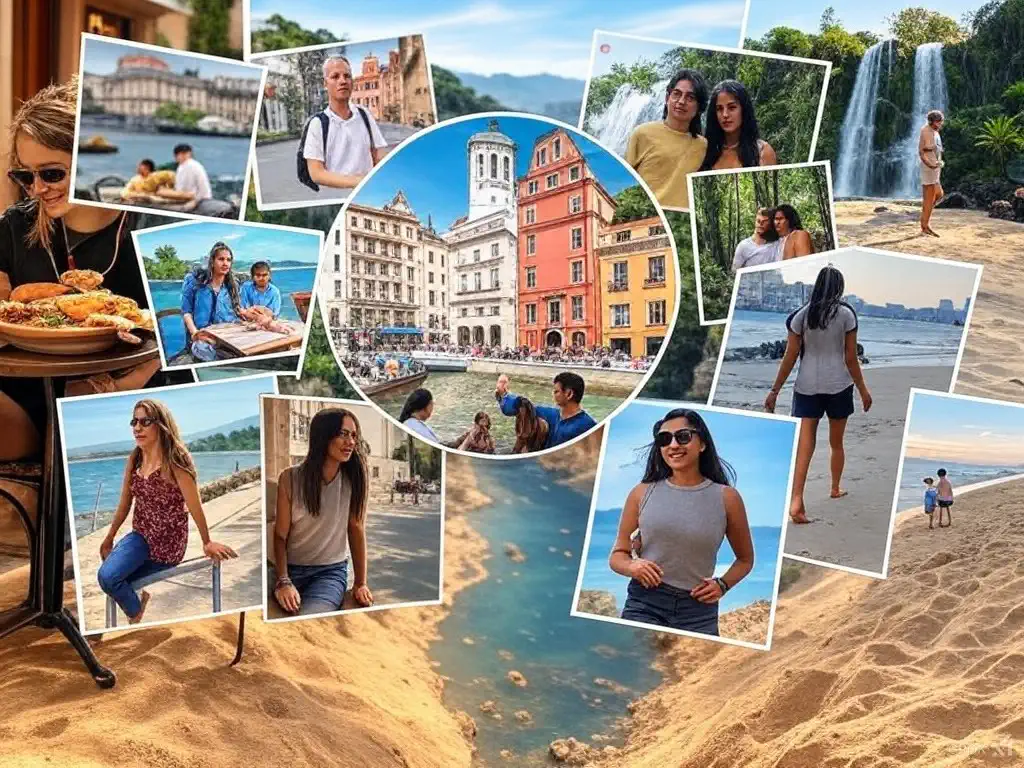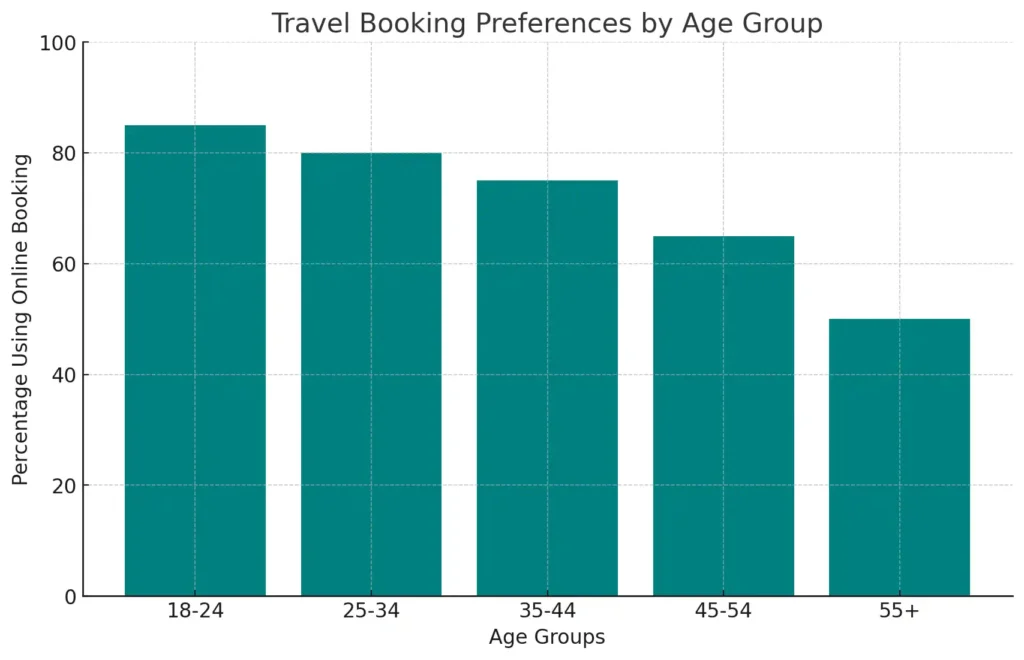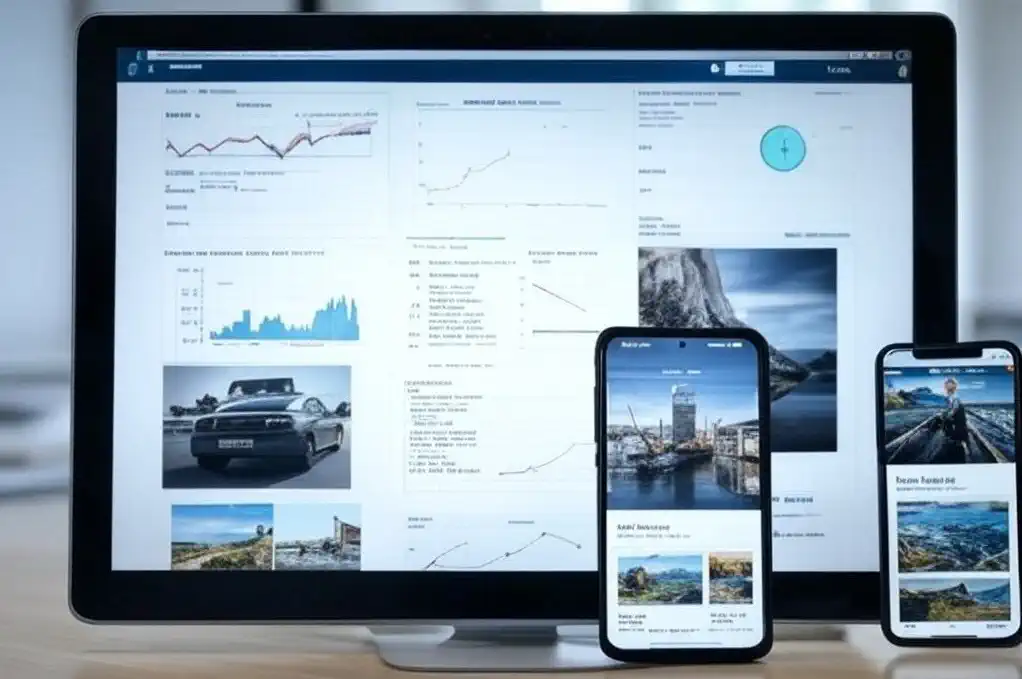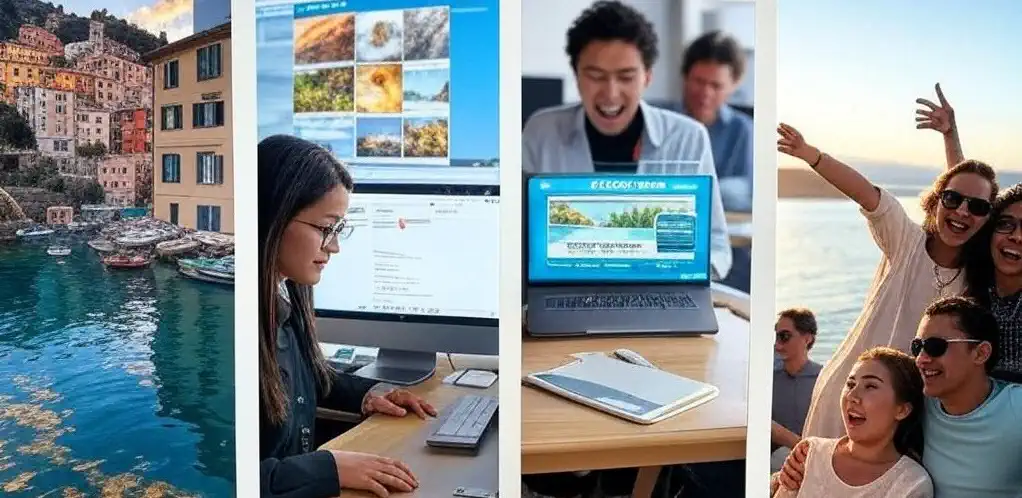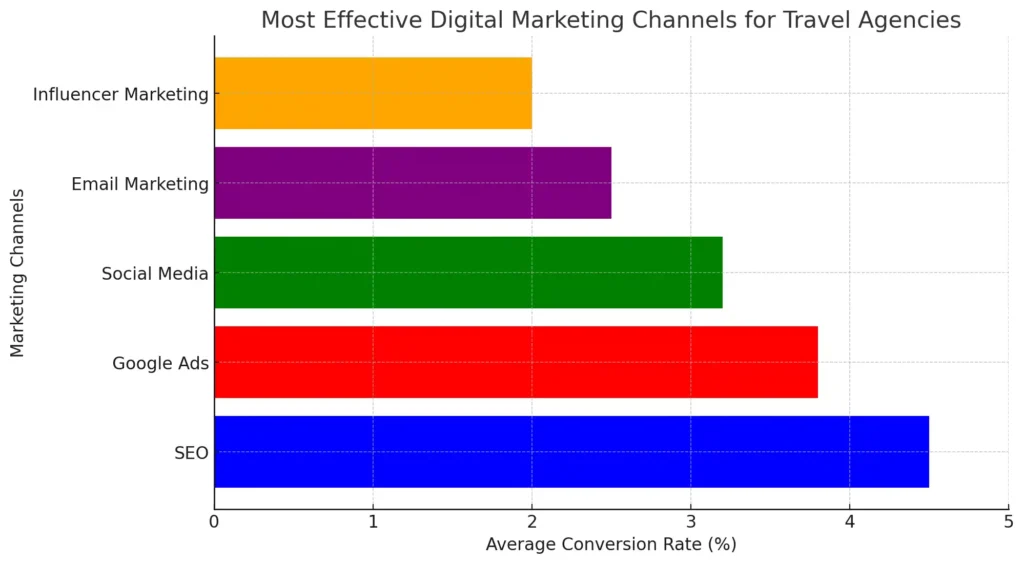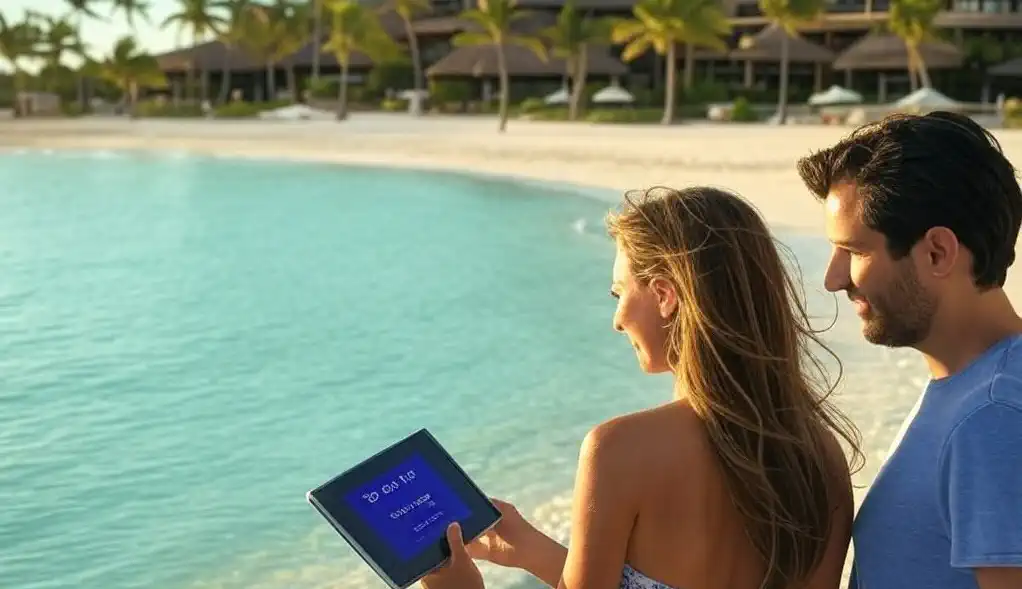Introduction
The travel industry is fiercely competitive, with countless agencies vying for attention. In this digital age, success isn’t just about offering great packages—it’s about visibility, engagement, and a strong online presence.
Managing website content, bookings, customer reviews, email newsletters, and social media can feel overwhelming, but the right marketing strategies can make all the difference.
This guide covers essential marketing techniques to help travel agencies attract and retain clients effectively.
I. Understanding Your Clients
Before implementing any marketing strategies, it’s crucial to understand your ideal customers. Who are they? What drives them to book trips? What frustrates them about the process?
Steps to Identify Your Ideal Clients:
- Analyze Demographics & Behaviors:
- Use Google Analytics to track visitor demographics, such as age, gender, and interests.
- Use Facebook Audience Insights to understand user behavior on social media.
- Conduct customer surveys to learn about preferences, frustrations, and travel goals.
Example: If you notice a large portion of your audience is millennials seeking adventure travel, you can tailor your content and ads to highlight outdoor experiences, off-the-beaten-path destinations, and budget-friendly travel options.
- Determine Motivations & Pain Points:
- Are they looking for luxury escapes, budget trips, or adventure tours?
- Do they struggle with comparing prices, finding reliable reviews, or planning itineraries?
Example: If your audience finds it hard to compare flights and hotels, offering a price comparison tool or a curated “Best Deals” section on your site can improve user experience.
- Tailor Branding & Content:
- Create marketing messages that resonate with your top client profiles.
- Use relatable visuals, testimonials, and personalized offers.
Example: A family-oriented travel agency should feature images of happy families on vacation and blog content such as “Top 10 Kid-Friendly Resorts.”
II. Website Optimization
A well-optimized website is your most valuable digital asset. It should be fast, mobile-friendly, and easy to navigate.
A. Evaluate Website Performance
- Use Google PageSpeed Insights to analyze loading times.
- Optimize images, enable caching, and use a lightweight theme for faster speed. Example: A travel agency’s website with high-resolution images might load slowly. Compressing images and using a CDN (Content Delivery Network) can significantly improve speed.
B. Mobile Optimization
- Ensure a mobile-first design, as most users book trips from their phones.
- Test on multiple devices to verify usability.Example: If a potential customer struggles to navigate the booking form on mobile, they may abandon their purchase. Using a responsive, touch-friendly form improves conversions.
C. Visitor Tracking
- Implement Google Analytics to track user behavior, conversion rates, and traffic sources. Example: If analytics show most traffic comes from social media but has a high bounce rate, you may need a more engaging landing page.
D. Simplified Design & User Experience (UX)
- Stick to a clean, minimal layout with intuitive navigation.
- Use clear call-to-action (CTA) buttons like “Book Now” or “Get a Quote.”Example: A cluttered homepage with too many links can overwhelm visitors. A simple layout with a clear “Book Your Trip” button improves usability.
E. Compelling Content & Centralized Promotion
- Publish engaging destination guides and travel tips.
- Promote website content through email newsletters, social media, and strategic partnerships. Example: A blog post titled “5 Hidden Gems in Bali You Must Visit” can attract organic search traffic and keep users engaged.
IV. Search Engine Optimization (SEO) & Google Ads
A. SEO Strategies
- Keyword Optimization: Use tools like SEMrush or Ahrefs to find high-intent travel keywords.
- Technical SEO: Ensure fast-loading pages, proper metadata, and an intuitive site structure.
- Local SEO: Optimize for Google My Business and travel-related directories.Example: If you specialize in Caribbean cruises, using keywords like “best Caribbean cruise deals” in your content and meta descriptions can help attract more organic traffic.
B. Google Ads & Retargeting
- Run Google Search Ads for destination-specific queries.
- Use retargeting ads to bring back previous visitors who didn’t book. Example: Running a Google Search Ad with “Luxury Maldives Vacation Packages” ensures your agency appears at the top of search results. Retargeting ads can remind previous visitors about ongoing discounts.
V. Social Media Marketing
A. Platform Selection
- Instagram & Pinterest: Best for visual storytelling.
- Facebook & LinkedIn: Great for promotions and networking.Example: A travel agency targeting young travellers should focus on Instagram, where vibrant travel photography and short videos perform well.
B. Content Strategy
- Share stunning images, travel vlogs, and customer stories.
- Encourage user-generated content by running photo contests. Example: Ask clients to share their vacation photos with a branded hashtag, and feature the best ones on your page.
C. Advertising & Performance Tracking
- Run Facebook and Instagram Ads targeting ideal demographics.
- Use social media insights to refine strategies. Example: If your engagement rate is low, testing different ad creatives and captions can help determine what resonates with your audience.

Final Words:
Success in online marketing for travel agencies requires a multi-faceted approach—optimized websites, SEO, social media, email marketing, and engaging content.
By understanding client behavior and continuously refining strategies based on analytics, travel businesses can stay ahead in this highly competitive industry.

